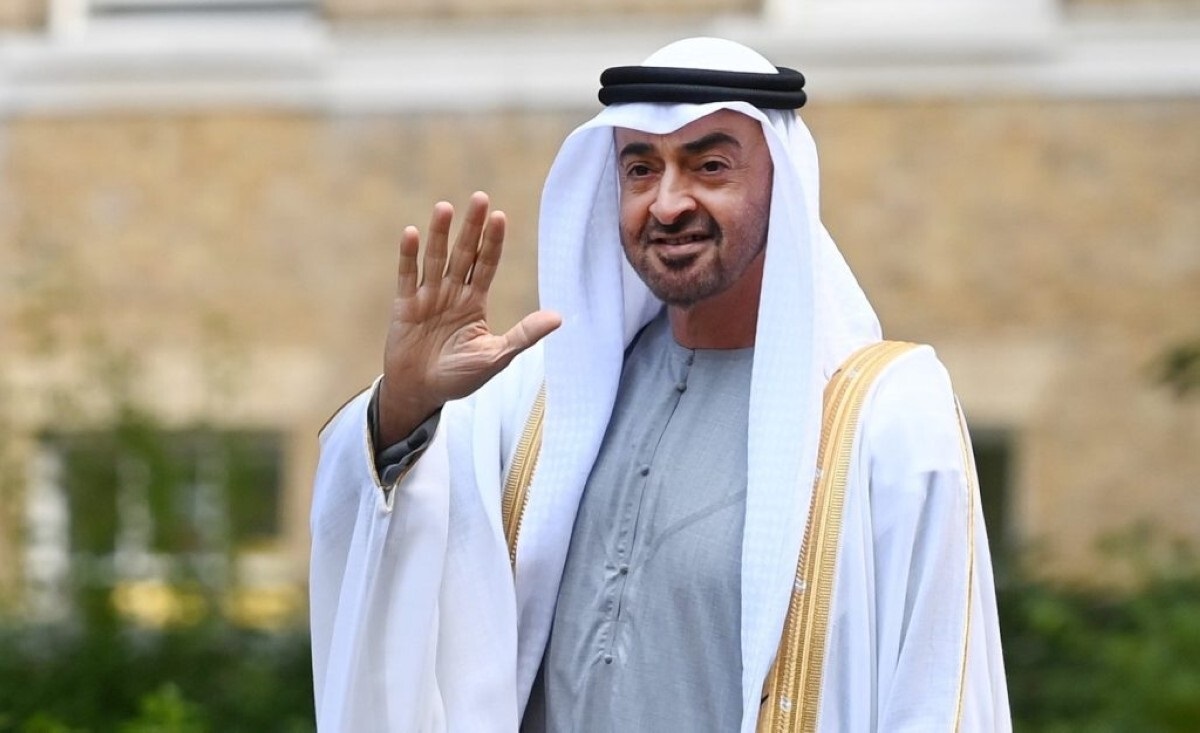Watan-The UAE’s National Media Council has ignited significant debate both domestically and internationally after issuing a regulation that prohibits non-citizens from speaking in the Emirati dialect unless they adhere to strict conditions — most notably, being Emirati and wearing the national dress while using the dialect in any form of content.
The decision, published via official platforms, was viewed by observers as a form of linguistic and cultural discrimination against the millions of expatriates living and working in the media and social media sectors. It has raised fundamental questions about the true meaning of identity and belonging.
According to critics, this move represents a step backward from the values of openness and tolerance that the UAE has long promoted. The country has often portrayed itself as a land that “embraces over 200 nationalities,” known for its rare harmony and coexistence.
🔴في #الإمارات.. حتى اللهجة لم تعد متاحة للجميع بل مشروطة!..
محمد بن زايد يضع اللهجة الإماراتية تحت الحراسة.. فما القصة؟!👇 pic.twitter.com/OPX2BC6Ino
— وطن. يغرد خارج السرب (@watanserb_news) April 20, 2025
Language, Identity, and the Limits of Cultural Control
However, analysts argue that the new regulation contradicts this message of coexistence. Instead, it creates invisible walls between “citizens” and “residents” — even in terms of language — turning the use of the local dialect into a privilege rather than a shared cultural right, and reducing identity to a private possession rather than a collective culture.
Supporters within the UAE, on the other hand, see the regulation as a protective measure aimed at preserving the Emirati dialect from being diluted in a multicultural society. They argue that linguistic identity is under threat amid the digital age and rapid globalization.
Opponents counter that tying dialect usage to dress or nationality commodifies culture, limits free expression, and transforms identity into a bureaucratic privilege instead of a medium of communication and belonging.
This has sparked a broader question: can a spoken dialect really become part of “cultural security”? And in a world where dialects blend and circulate freely through screens and digital platforms, is it even feasible to impose restrictions on how people speak?
The regulation opens the door to a deeper discussion about the concept of identity in multinational societies and poses a vital question:
Is identity preserved through isolation and restriction, or through openness and interaction?
